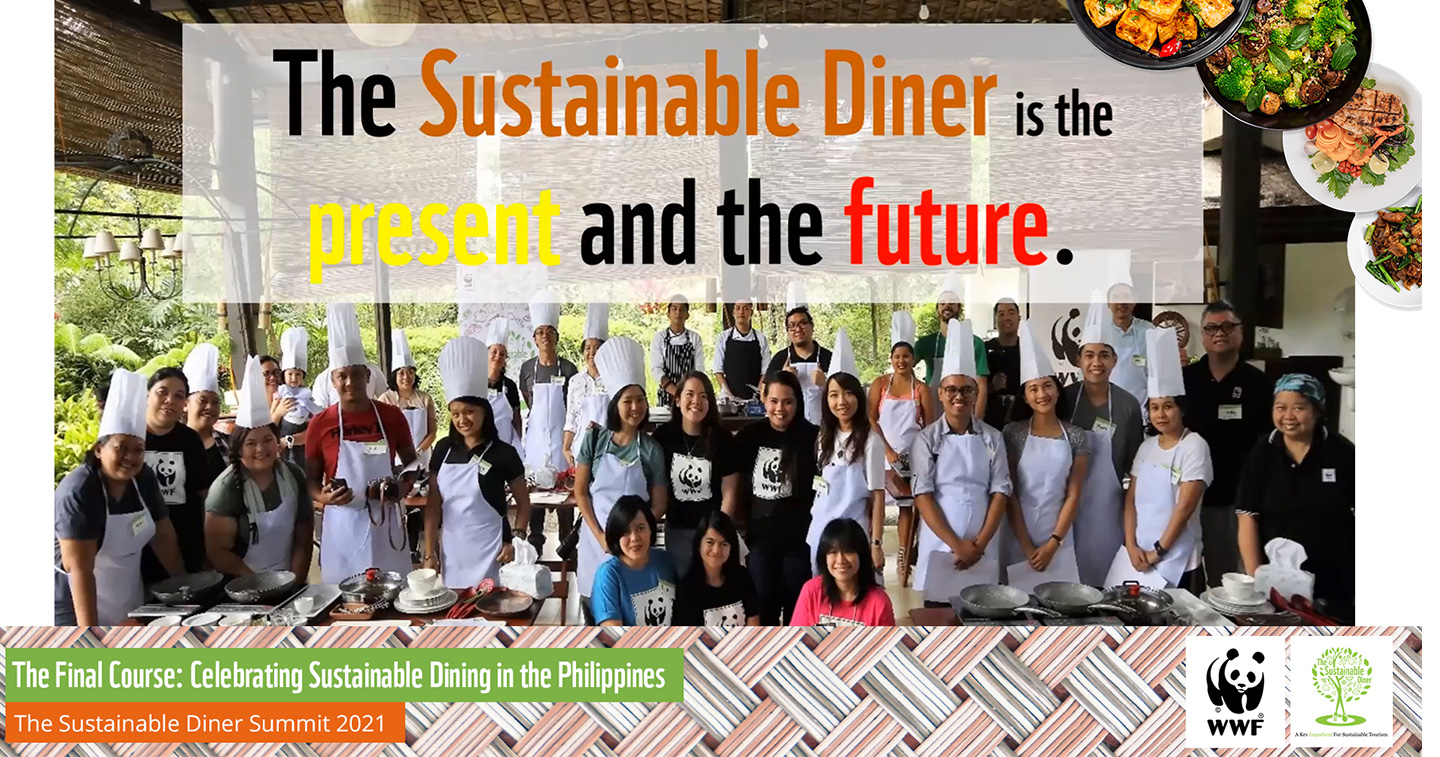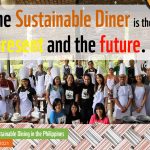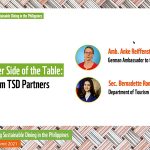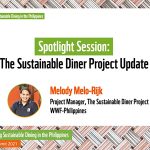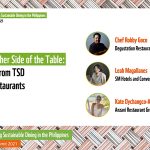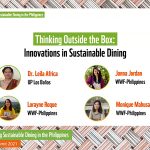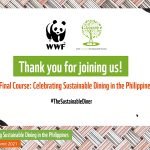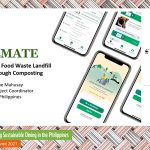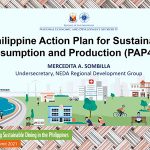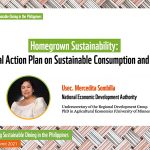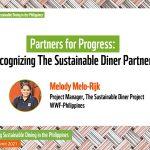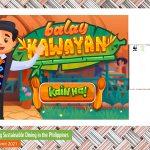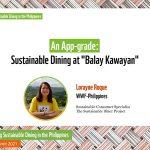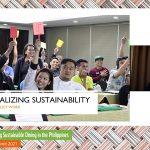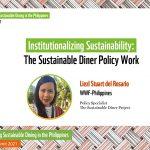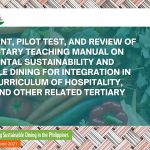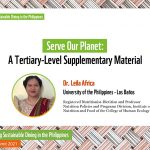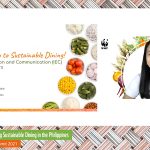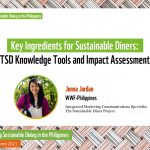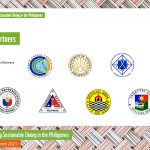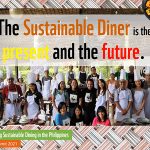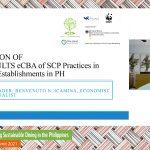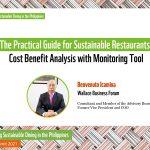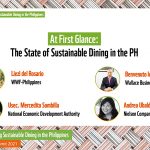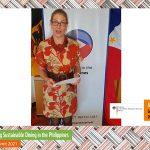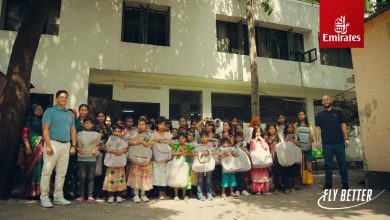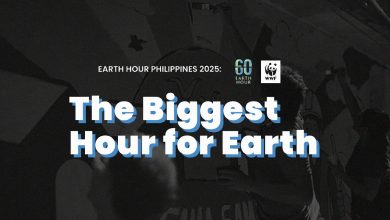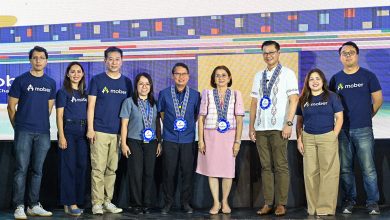MANILA, PHILIPPINES — The Philippine sustainability scene has always been fraught with challenges such as the lack of awareness and actions towards sustainable consumption and production (SCP). Closely tied with this is the threat against the country’s resources and the dwindling chances of vulnerable communities’ ability to adapt to severe climate issues.
Launched in 2017, The Sustainable Diner (TSD) Project of the World Wide Fund for Nature (WWF) Philippines, as supported by the International Climate Initiative, aims to transform the food service sector into an industry with a minimized impact on the environment through the awareness and adoption of environmentally friendly practices. To highlight the project’s achievements and impact, a celebratory closing event titled “The Final Course: Celebrating Sustainable Dining in the Philippines” attended by 100+ advocacy leaders was organized last July 1, 2021 in partnership with the Asia Society for Social Improvement and Sustainable Transformation (ASSIST).
In her opening remarks, Katherine Custodio, Executive Director of WWF-Philippines, expressed her gratitude towards the success of the project and highlighted its key achievements. “Today, we celebrate the milestones of the Sustainable Diner Project so that more will be encouraged to make everyday choices that work with nature and not against it.”
Throughout the project run, several initiatives were successfully launched such as the creation of a food waste reduction local ordinance in Cebu City, the Congress-approved Food Surplus Reduction Act, and various efforts on food waste reduction, measurement, and diversion efforts in restaurants and hotels. “What these accomplishments demonstrate is that by working together, we now have groundwork for lasting change. Ultimately, human needs and activities, and how we produce and consume food greatly impact our environment,” Custodio added.
Melody Melo-Rijk, Project Manager of The Sustainable Diner Project, further emphasized the importance of partnerships in ensuring the achievement of the project goals. WWF-Philippines engaged with local government agencies for policy work which resulted in the mainstreaming of SCP strategies, especially in the food and beverage industry. To achieve private sector transformation, WWF-Philippines worked with 24 restaurant and hotel partners to kickstart their sustainability journey. Additionally, more than 1,000 employees were trained and capacitated through this project.
Despite the project promising a change in consumerism and consumption, the summit stressed that there is still much to be done to achieve sustainability in dining, and the role of society — from the government, businesses, and the consumers — is a critical part of the equation. German Ambassador to the Philippines HE Anke Reiffenstuel and Climate Change Commission Secretary Emmanuel de Guzman further underscored this message, highlighting the importance of collective action. Department of Tourism Secretary Bernadette Romulo-Puyat further recognized how the collective efforts of the Sustainable Diner Project and the Philippine Department of Tourism have contributed to the growing resilience and sustainability of the tourism industry when it reemerges. In solidarity with these messages, National Economic and Development Authority Undersecretary Mercedita Sombilla presented the Philippine Action Plan for Sustainable Consumption and Production, highlighting the country’s plans to move towards a more sustainable future.
Over the last 4 years, the Sustainable Diner Project developed materials and tools that would equip individuals and institutions alike in their own initiatives to promote and adopt sustainable dining practices. The Cost-Benefit Analysis with Monitoring Tool and the Training Module Series targets restaurants who want to incorporate sustainability into their operations. A teaching manual for primary and secondary school teachers and a supplementary material for food service-related tertiary courses provides educators the information they’ll need to introduce sustainability to the younger generation. Balay Kawayan, an interactive game, and several other educational materials such as videos, webinars and infographics are easily available to the general public in WWF-Philippines’ social media pages for their own leisurely consumption or for their use in their own campaigns. Lastly, the project also developed SoilMate, the first ever composting mobile app in the country. This app empowers households and businesses to divert their food waste away from landfills and back to the soil. SoilMate is now available to download in the App Store and Google Play Store.
With the closing of the project comes the evident challenge of stimulating a sustainable movement in the years to come. For Robby Goco, Executive Chef at Degustation Restaurant Group and Kate Dychangco-Anzani of Anzani Restaurant Group, two of the partner restaurants, it is essential to continue incorporating sustainability in their restaurants’ operations despite the pandemic. As for the Vice-President for Food and Beverage of SM Hotels and Conventions Corporation, Leah Magallanes, she is focused on the science of sustainability and how it should be supported by statistics to help people further understand its significance in nature conservation.
Talking about the future of sustainable dining in the Philippines, Melody Melo-Rijk expressed her hope in the project’s impact in inspiring a movement towards the adoption of the sustainable principles of TSD as a way of life. For Melo-Rijk, securing a sustainable future relies on making conscious choices. “Our food choices matter. Collectively we can make this world a better place by simply choosing the right food, and the right way of making food.”
The concluding event in the years-long project, The Sustainable Diner Summit 2021 brought together all those who have contributed to the Sustainable Diner Project in recognition of their participation and in hope that the successes witnessed will bear fruit in a more sustainable Philippines.

